Top Stories
Recruitment process made more transparent with reforms: GPSC chief | Goa News – Times of India
Special Stories
Broke Swiggy guy walks 3 km to deliver food, Social media helps him find better job. Heartwarming story is viral
Top Stories
Goa CM, NRI Commissioner writes to MoEF for help in safe return of Goans from Ukraine
Top Stories
Election Commission announces polling dates and counting days for Vidhan Sabha elections in 5 states
-
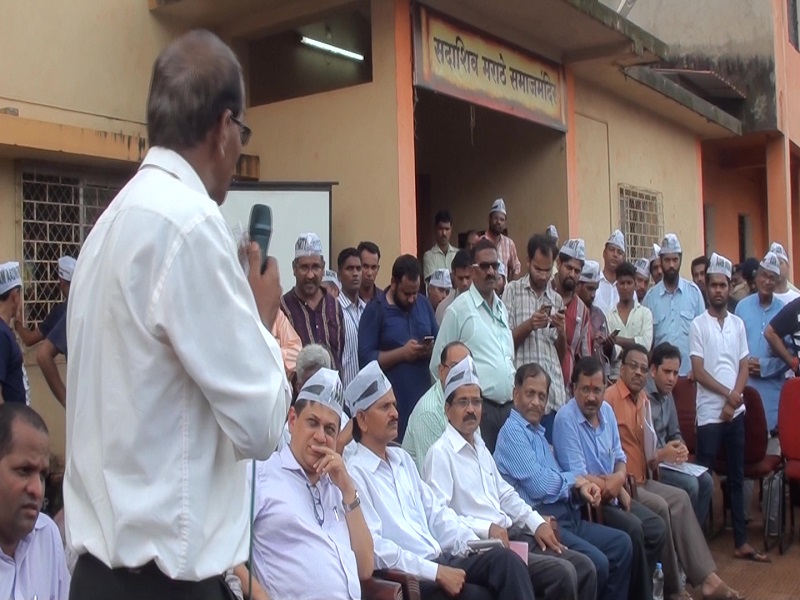
 Local7 years ago
Local7 years agoKEJRIWAL ASSURES MODEL MINING TO GOANS
-

 Crime8 years ago
Crime8 years agoMAN BRUTALLY MURDERED IN PANJIM
-
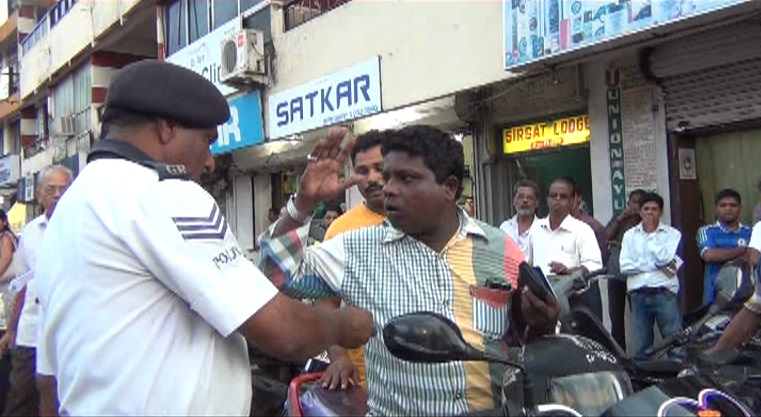
 Local8 years ago
Local8 years agoHEATED ARGUMENT BETWEEN TRAFFIC COP AND BIKE RIDER BLOCKS ROAD AT MAPUSA
-

 Top Stories2 years ago
Top Stories2 years agoWorld famous Tito’s nightclub sold! Owner alleges harassment from ‘Officials’ as the reason
-
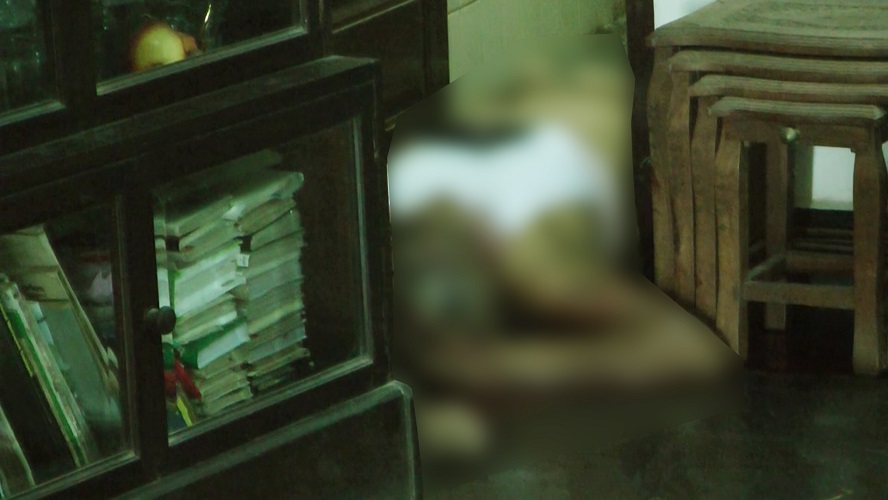
 Crime8 years ago
Crime8 years agoDouble Murder At Dhargal
-

 Crime8 years ago
Crime8 years agoNude Body Found at Margao, Murder Suspected
-

 Sports10 months ago
Sports10 months agoWatch: Messi’s extraordinary goal that sent Argentina into FIFA World Cup quarters, leaves behind Maradona and Ronaldo
-

 Crime8 years ago
Crime8 years agoCAUGHT ON CAMERA: Youth Breaking into School at Mapusa

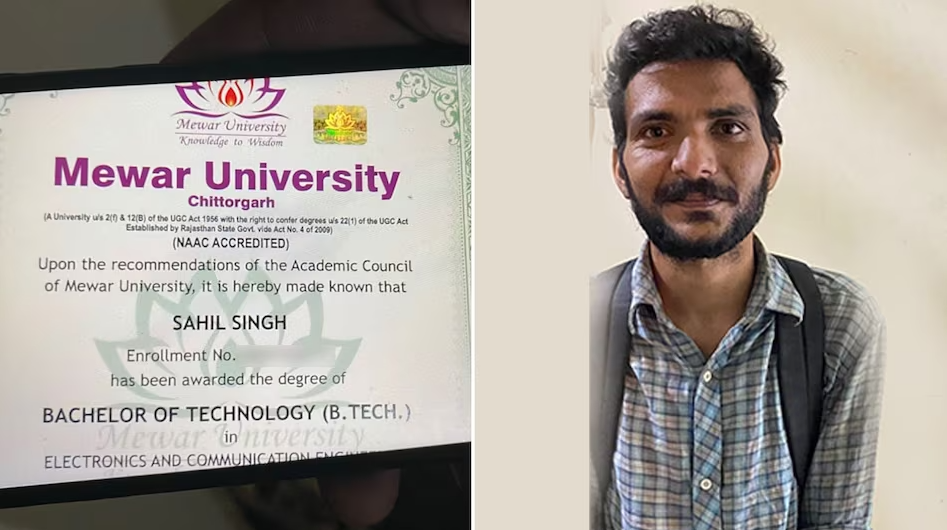
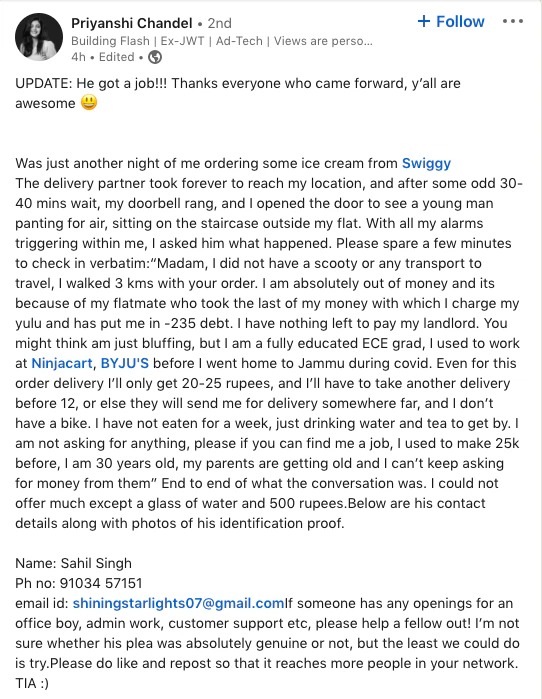
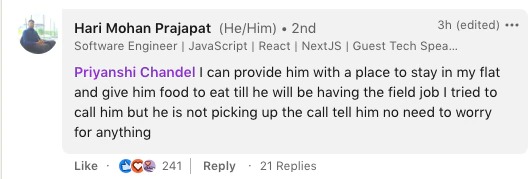





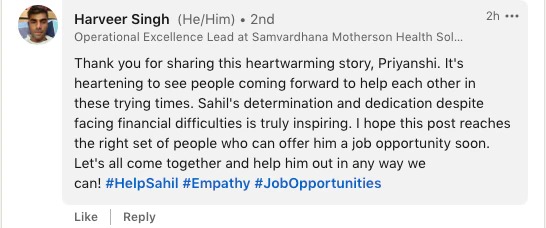



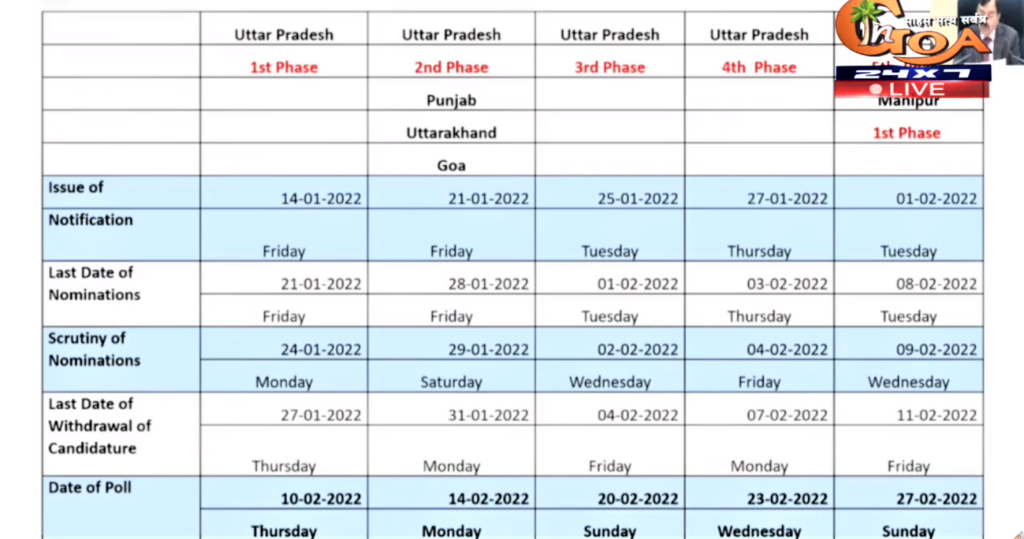
You must be logged in to post a comment Login